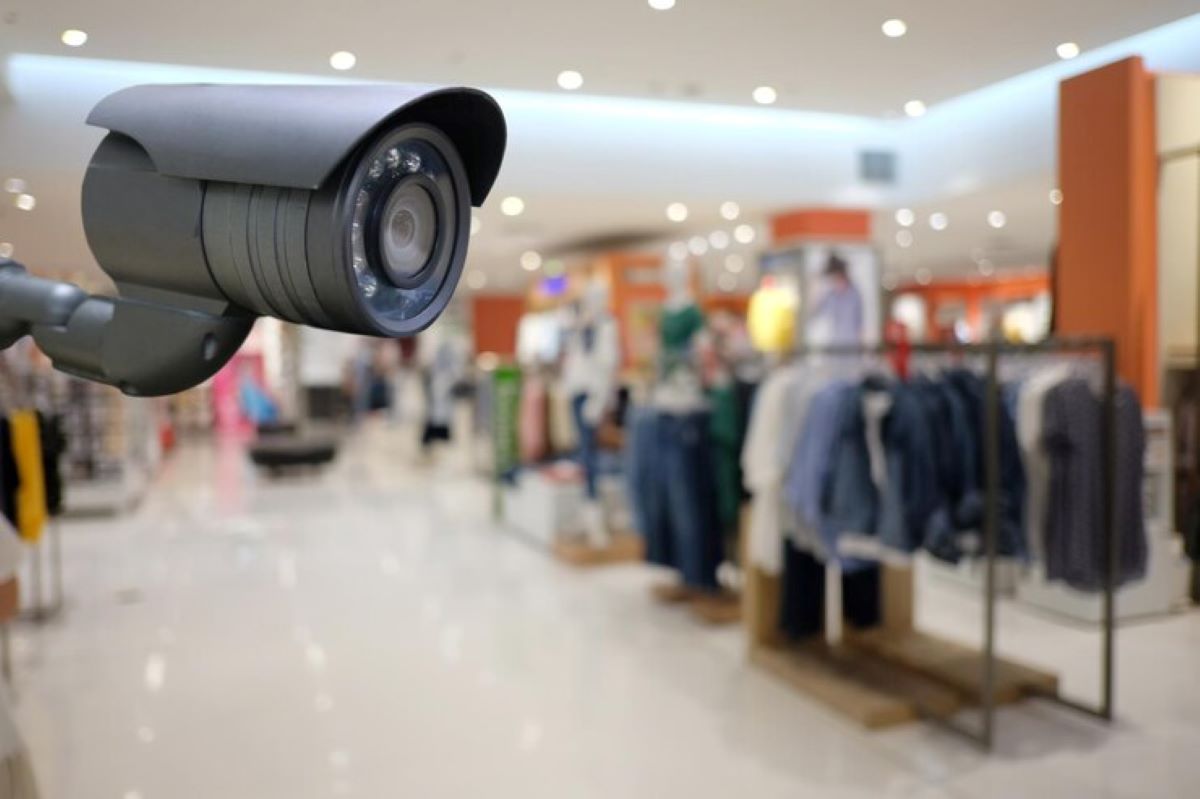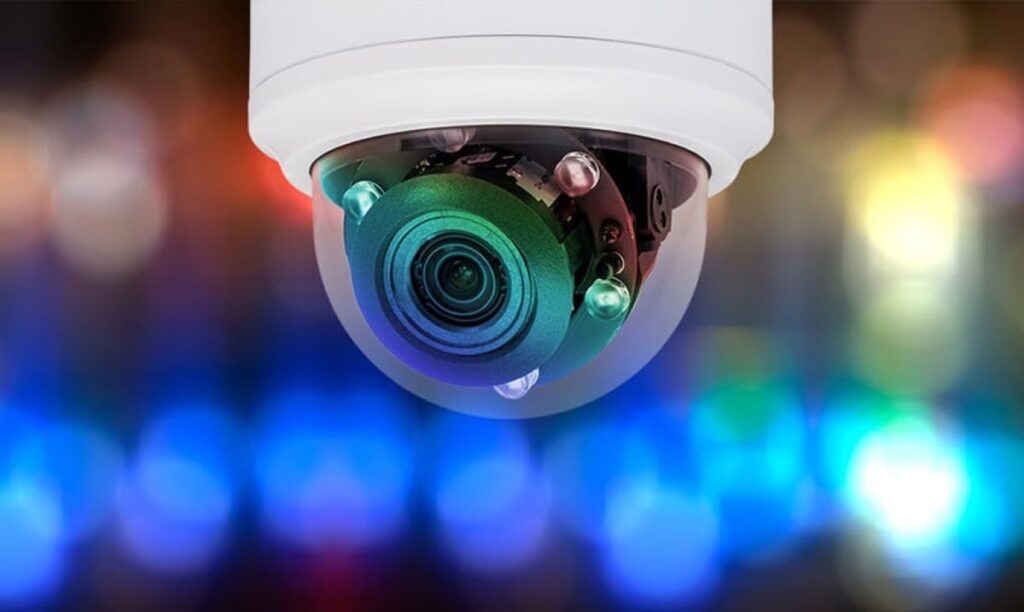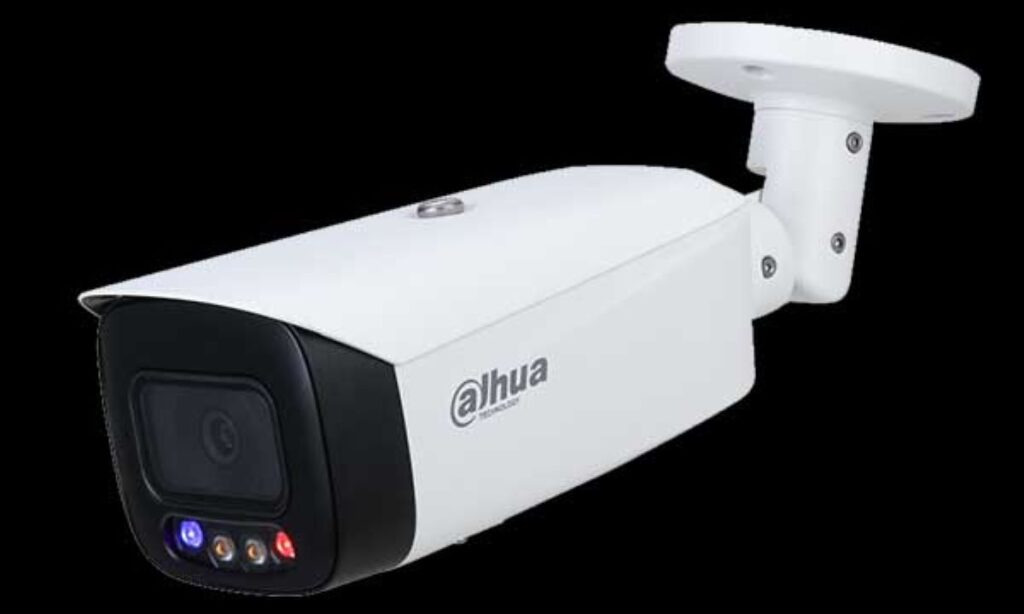How Security Cameras Enhance Safety for Residential and Commercial Spaces

In an age where safety and security have become paramount, the role of security cameras in both residential and commercial spaces cannot be overstated. These devices not only serve as a deterrent to potential criminals but also provide peace of mind to property owners and tenants alike. This article delves into how security cameras enhance safety, their various applications, and the technology that makes them indispensable in today’s world.
The Role of Security Cameras in Crime Prevention
Security cameras are often the first line of defence against criminal activities. Their mere presence can deter potential wrongdoers from attempting to break into a property. Numerous studies have shown that properties equipped with visible security cameras experience fewer incidents of theft and vandalism compared to those without.
Deterrence Factor
The psychological impact of security cameras is significant. When potential criminals see a camera, they are more likely to think twice before committing a crime. This deterrent effect is particularly evident in commercial spaces, where businesses invest in security systems to protect their assets. The visibility of cameras can create a sense of security not only for the owners but also for employees and customers. Furthermore, the presence of cameras can foster a safer community atmosphere, as residents feel more secure knowing that their neighbourhood is being monitored. This sense of collective safety can encourage more people to engage in outdoor activities, enhancing community cohesion and reducing the likelihood of crime through increased social interaction.
Evidence Collection
In the unfortunate event of a crime, security cameras serve as a crucial tool for evidence collection. High-definition footage can provide law enforcement with vital information, such as the identity of the perpetrator and the sequence of events leading up to the crime. This evidence can be instrumental in securing convictions and ensuring justice is served. Moreover, advancements in technology have led to the development of smart cameras equipped with features such as facial recognition and motion detection. These innovations not only enhance the quality of the footage but also enable real-time alerts to be sent to property owners and law enforcement, allowing for a swift response to suspicious activities. As such, the role of security cameras extends beyond mere observation; they are now integral to proactive crime prevention strategies that adapt to the evolving landscape of security challenges.
Types of Security Cameras
There are various types of security cameras available on the market, each designed to meet specific needs and requirements. Understanding these options can help property owners make informed decisions about their security systems.
Dome Cameras
Dome cameras are commonly used in both residential and commercial settings due to their discreet design. Their dome shape makes it difficult for potential criminals to determine which direction the camera is pointing, thereby enhancing their effectiveness. These cameras are often used in retail environments to monitor customer behaviour and deter shoplifting.
Bullet Cameras
Bullet cameras are more prominent and are typically used in outdoor settings. Their elongated shape allows for a more focused field of view, making them ideal for monitoring specific areas such as entrances and driveways. Bullet cameras are often equipped with infrared technology, enabling them to capture clear footage even in low-light conditions.
IP Cameras
Internet Protocol (IP) cameras have revolutionised the security industry by allowing users to access live feeds remotely via the internet. This technology provides property owners with the flexibility to monitor their premises from anywhere in the world. IP cameras often come with advanced features such as motion detection, facial recognition, and cloud storage options.
Integration with Smart Home Systems
The rise of smart home technology has led to the integration of security cameras with other smart devices. This synergy enhances overall security and convenience for homeowners.
Remote Monitoring
Smart security cameras can be connected to smartphones and tablets, allowing homeowners to monitor their property in real-time. This feature is particularly beneficial for those who travel frequently or have second homes. Notifications can be sent directly to the user’s device if motion is detected, enabling prompt responses to potential threats.
Automation and Alerts
Integration with smart home systems allows for automation of security measures. For instance, when a security camera detects unusual activity, it can trigger other devices, such as outdoor lights or alarms. This interconnectedness not only enhances security but also adds a layer of convenience for homeowners.

Enhancing Safety in Commercial Spaces
For businesses, the stakes are often higher when it comes to security. The presence of security cameras can significantly enhance safety in commercial spaces, protecting both employees and assets.
Employee Safety
Security cameras play a crucial role in ensuring employee safety, particularly in high-risk environments. By monitoring areas such as parking lots and entrances, businesses can provide a safer working environment. Employees are more likely to feel secure knowing that they are being monitored, which can lead to increased productivity and job satisfaction.
Asset Protection
In addition to safeguarding employees, security cameras are essential for protecting valuable assets. Businesses often face the threat of theft, whether from external sources or internal employees. Security cameras can deter theft and provide evidence in case of any incidents, thereby reducing potential losses.
Legal and Ethical Considerations
While the benefits of security cameras are evident, it is essential to consider the legal and ethical implications of their use. Property owners must navigate privacy concerns and ensure compliance with local laws regarding surveillance.
Privacy Laws
In Australia, privacy laws dictate how surveillance can be conducted. Property owners must ensure that cameras are not installed in areas where individuals have a reasonable expectation of privacy, such as bathrooms or changing rooms. Additionally, clear signage should be displayed to inform individuals that they are being monitored.
Data Protection
With the advancement of technology comes the responsibility of protecting the data collected by security cameras. Businesses must implement robust data protection measures to safeguard footage from unauthorised access. This includes secure storage solutions and regular audits of access permissions.
See Also : CCTV Camera Installation in Sydney: What You Need to Know
Cost-Effectiveness of Security Cameras
Investing in security cameras can be seen as a cost-effective measure for both residential and commercial properties. While the initial outlay may seem significant, the long-term benefits often outweigh the costs.
Insurance Premium Reductions
Many insurance companies offer discounts to policyholders who have security systems in place. The presence of security cameras can reduce the risk of theft and damage, leading to lower premiums. This can result in significant savings over time, making the investment in security cameras financially advantageous.
Reduced Losses
By deterring criminal activity and providing evidence in case of incidents, security cameras can help reduce losses associated with theft and vandalism. Businesses that experience fewer incidents are likely to see an improvement in their bottom line, further justifying the investment in security technology.
The Future of Security Camera Technology
The security camera industry is constantly evolving, with new technologies emerging to enhance safety and security. As artificial intelligence and machine learning become more integrated into security systems, the capabilities of cameras are set to expand significantly.
Facial Recognition Technology
Facial recognition technology is becoming increasingly prevalent in security cameras. This feature allows for the identification of individuals based on their facial features, enhancing security measures in both residential and commercial spaces. However, the implementation of this technology must be approached with caution, considering privacy concerns and ethical implications.
Advanced Analytics
Future security cameras are likely to incorporate advanced analytics that can detect unusual behaviour patterns or alert property owners to potential threats. This proactive approach to security can enhance safety and provide property owners with valuable insights into their premises.

Conclusion
In conclusion, security cameras play a vital role in enhancing safety for both residential and commercial spaces. Their ability to deter crime, provide evidence, and integrate with smart home systems makes them an indispensable tool in today’s security landscape. As technology continues to evolve, the effectiveness and capabilities of security cameras will only improve, offering even greater peace of mind for property owners.
Investing in a comprehensive security camera system is not just about protecting property; it is about fostering a sense of safety and security for everyone who enters the premises. Whether for a home or a business, the benefits of security cameras are clear, making them a worthy investment for the future.

Leave a Reply